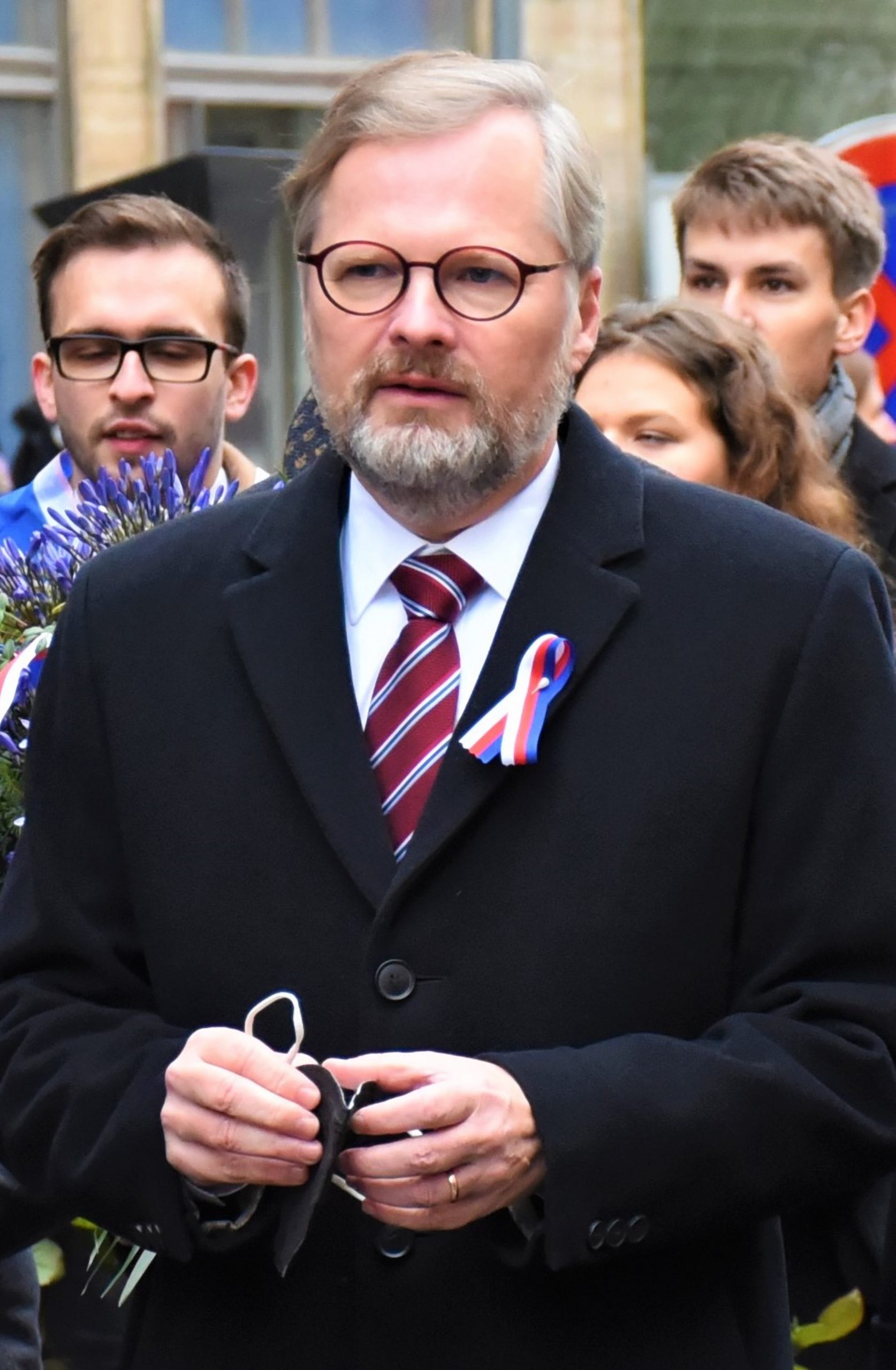Home » Protests in Prague: will price caps sway the public?
Protests in Prague: will price caps sway the public?
September 28, 2022

Katherine Baughman
Katherine is an Analyst and a long-time contributor to long-form Analysis with Foreign Brief.
